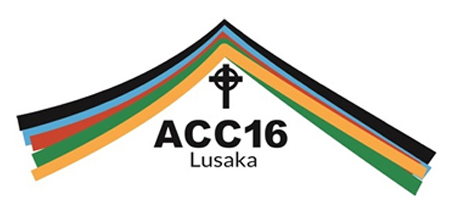From an editorial in the Church Times reflecting on ACC-16:
It has been suggested that the Primates, a group of mature male clerics, are not representative of Anglicanism. The breadth of the ACC is undoubtedly wider, including male and female clerics and lay people, although suffrage is hardly universal. Its function is, by definition, consultative, and observers rightly ask whether either body is able to exercise authority over ordinary Anglicans. The real question, though, is whether they should. It bears repeating that Anglicans are both Catholic and reformed, so, while they tend to subjugate individual inclination to a collective, episcopally led purpose, they also test the collective inclination against personal conscience. Combining these two tendencies creates a Church that cannot be governed by top-down diktat. Anglicans will not often comply with discipline that they feel has been unjustly imposed.
…
Such apparent disorganisation should be seen in a positive light. The Holy Spirit is a force for unity, but also a disrupter. The centuries-long suspicion of prelacy in the Anglican character could be seen as an openness to this other aspect of the Spirit, and is manifested not only here in the UK but also overseas, as we have seen in Kenya in recent days. The desire to be united around the world will hold the Communion together, but it will always be in tension with a dogged individualism that is one of the strengths of Anglicanism.

